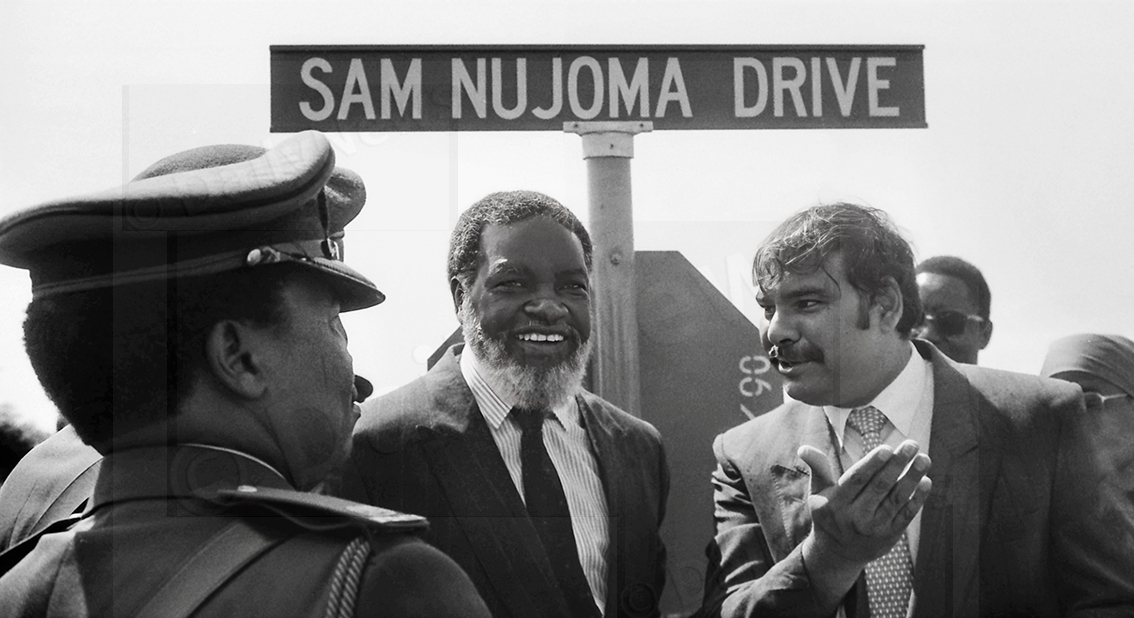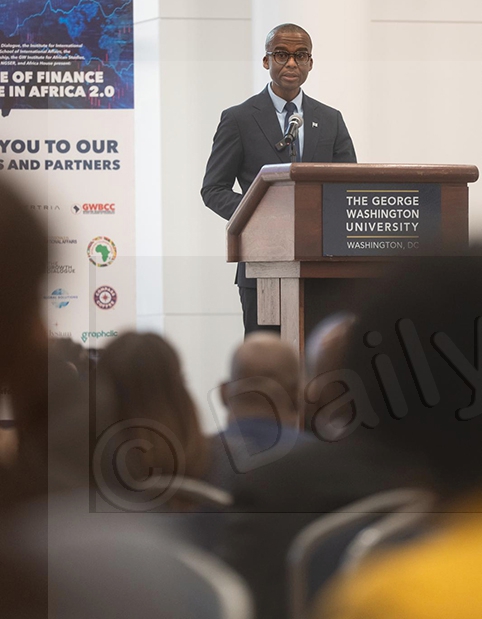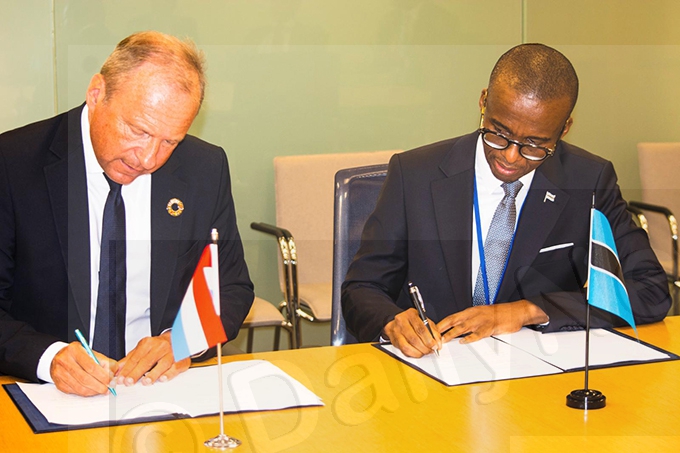Former mayor remembers Nujoma
17 Feb 2025
Former Francistown Mayor, Iqbal Ebrahim, now 74, cannot quite recall the exact year the late Namibia founding president, Sam Nujoma, visited the Francistown council.
The visit, which focused on benchmarking local governance and multi-party democracy, occurred between 1987 and 1994, during Ebrahim’s mayoral tenure.
While he does not remember if it was before or after Namibia’s 1990 independence, the visit led to the Francistown council naming a street, Sam Nujoma Avenue, in honour of the president for the role he played in the liberation of the people of Namibia.
The street, named in honour of Dr Nujoma, stretches from Francistown Toyota, a symbol of burgeoning industry, to the Botswana Defence Force (BDF) camp in Area S, a demonstration to national security.
Several metaphors can be used to describe the street and its significance depending on the intended emphasis. It is more than just a thoroughfare; it is a tangible legacy, a path forged through the struggles of liberation.
This highway, paved with the hopes of a nation, is not just a road; it is a monument to industrialisation, a bridge between the era of armed struggle and the dawn of a self-sufficient Namibia.
The steel of the BDF camp, echoing the unwavering resolve of Dr Nujoma’s leadership, stands as a powerful symbol of his vision, a nation built on both defense and economic progress.
This street, then, is not merely a physical location, it is a living testament, a legacy of steel, a bridge between eras, a path towards independence, a symbol of defense and progress, all bound together in a single, powerful narrative.
To Mr Ebrahim, the street whispers of a man who understood that true freedom demanded both the strength to defend it and the vision to build a prosperous future.
But before then, his other visits happened before Namibia independence when him and other liberation leaders resided in a modest house, affectionately referred to as the ‘Bluetown While House’ in Bluetown location.
According to Mr Ebrahim, Dr Nujoma and his delegation sought to understand municipal governance, particularly how the Francistown council addressed the racial segregation under colonial rule, a stark contrast between the racial segregated areas on either side of the railway line (whites to east, blacks to the west).
“They also studied Francistown’s multi-party democracy with its representation from various parties. I still remember the day when he visited our council and I was the mayor at the time,” he said.
After the visit, the Francistown council met to name some new street, which was the usual practice to honour historical figures, people, or landmarks.
“Sam Nujoma’s name was suggested because, despite unfounded fears that he posed a threat to Botswana, he once lived there. These fears stemmed from a belief that he might cause harm to Batswana in the future, a belief that proved ultimately incorrect,” added Mr Ebrahim.
He explained the city’s decision to honour Dr Nujoma, stating that his visit to Francistown council symbolised respect for the people of Francistown, who had provided refuge during the liberation struggle.
“Otherwise, he could have chosen another city in the SADC region,” he added.
Mr Ebrahim revealed that the presence of liberation fighters was kept secret due to the apartheid regime in South Africa but also emphasising Dr Nujoma’s remarkable leadership and foresight.
“His visit to Francistown, seeking insights into multi-party governance, demonstrated his commitment to building a united and democratic Namibia. This commitment, as evidenced by his subsequent role in Namibia’s independence, further solidified Nujoma’s standing as a respected and visionary leader,” he added.
His desire to understand local governance, particularly the interplay of different political parties, demonstrated a commitment to understanding and collaboration, qualities that proved invaluable as Namibia navigated its path to independence.
The late Dr Nujoma, a former guerrilla leader, who became Namibia’s first president in 1990 after the country gained independence, will be buried in a state funeral on March 1. ENDS
Source : BOPA
Author : Thamani Shabani
Location : Francistown
Event : Interview
Date : 17 Feb 2025







